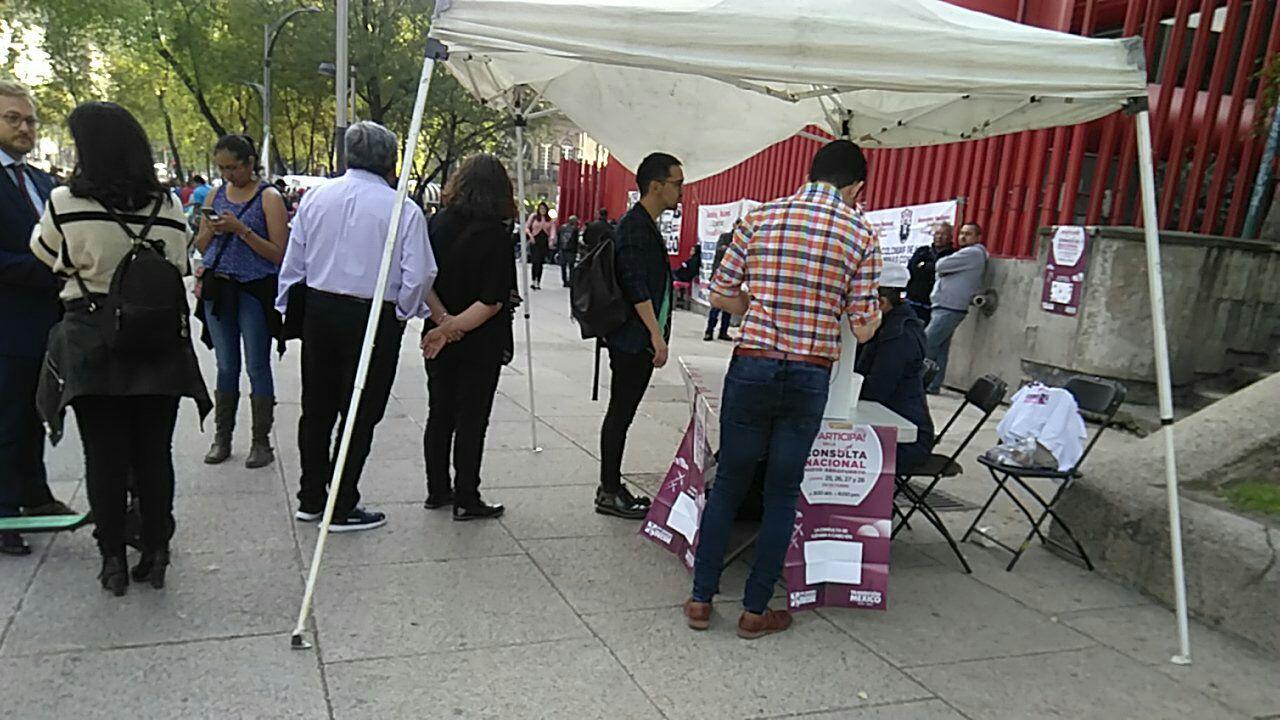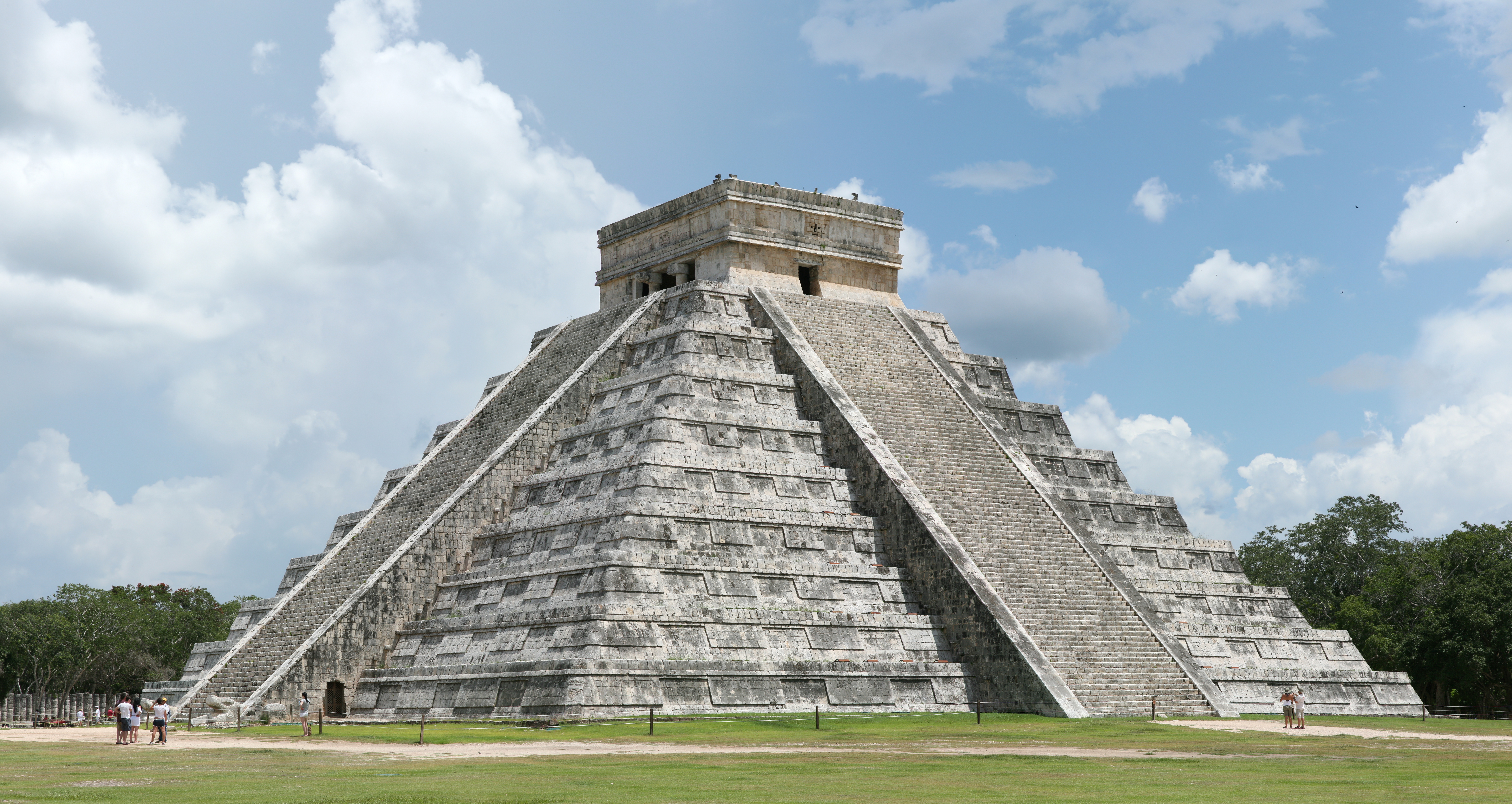|
Andrés Molina Enríquez
Andrés Molina Enríquez (November 30, 1868, Jilotepec de Abasolo, State of Mexico – 1940) was a Mexican revolutionary intellectual, author of ''The Great National Problems '' (1909) which drew on his experiences as a notary and Justice of the Peace in Mexico State. He is considered the intellectual father of the land reform movement in modern Mexico embodied in Article 27 of the Constitution of 1917, and for reasserting the principle of national sovereignty with regard to ownership of land and resources on a liberal positivist basis. He has been called "the Rousseau of the Mexican Revolution." Influence & work ''Los Grandes Problemas Nacionales'' Molina Enríquez is best known for publishing ''Los Grandes Problemas Nacionales'' (The Great National Problems) in 1909, a book highly critical of the Porfirio Díaz government. Molina Enríquez characterized the period after 1821 as the era of national disintegration. The book highlighted issues of sharp political divisions, recur ... [...More Info...] [...Related Items...] OR: [Wikipedia] [Google] [Baidu] |
French People
French people () are a nation primarily located in Western Europe that share a common Culture of France, French culture, History of France, history, and French language, language, identified with the country of France. The French people, especially the native speakers of langues d'oïl from northern and central France, are primarily descended from Roman people, Romans (or Gallo-Romans, western European Celts, Celtic and Italic peoples), Gauls (including the Belgae), as well as Germanic peoples such as the Franks, the Visigoths, the Suebi and the Burgundians who settled in Gaul from east of the Rhine after the fall of the Roman Empire, as well as various later waves of lower-level irregular migration that have continued to the present day. The Norsemen also settled in Normandy in the 10th century and contributed significantly to the ancestry of the Normans. Furthermore, regional ethnic minorities also exist within France that have distinct lineages, languages and cultures such ... [...More Info...] [...Related Items...] OR: [Wikipedia] [Google] [Baidu] |
Mexican Activists
Mexican may refer to: Mexico and its culture *Being related to, from, or connected to the country of Mexico, in North America ** People *** Mexicans, inhabitants of the country Mexico and their descendants *** Mexica, ancient indigenous people of the Valley of Mexico ** Being related to the State of Mexico, one of the 32 federal entities of Mexico ** Culture of Mexico *** Mexican cuisine *** historical synonym of Nahuatl, language of the Nahua people (including the Mexica) Arts and entertainment * "The Mexican" (short story), by Jack London * "The Mexican" (song), by the band Babe Ruth * Regional Mexican, a Latin music radio format Films * ''The Mexican'' (1918 film), a German silent film * ''The Mexican'' (1955 film), a Soviet film by Vladimir Kaplunovsky based on the Jack London story, starring Georgy Vitsin * ''The Mexican'', a 2001 American comedy film directed by Gore Verbinski, starring Brad Pitt and Julia Roberts Other uses * USS ''Mexican'' (ID-1655), United S ... [...More Info...] [...Related Items...] OR: [Wikipedia] [Google] [Baidu] |
People From Jilotepec (México)
The term "the people" refers to the public or Common people, common mass of people of a polity. As such it is a concept of human rights law, international law as well as constitutional law, particularly used for claims of popular sovereignty. In contrast, a people is any plurality of Person, persons considered as a whole. Used in politics and law, the term "a people" refers to the collective or community of an ethnic group or nation. Concepts Legal Chapter One, Article One of the Charter of the United Nations states that "peoples" have the right to self-determination. Though the mere status as peoples and the right to self-determination, as for example in the case of Declaration on the Rights of Indigenous Peoples, Indigenous peoples (''peoples'', as in all groups of indigenous people, not merely all indigenous persons as in ''indigenous people''), does not automatically provide for independence, independent sovereignty and therefore secession. Indeed, judge Ivor Jennings i ... [...More Info...] [...Related Items...] OR: [Wikipedia] [Google] [Baidu] |
1940 Deaths
A calendar from 1940 according to the Gregorian calendar, factoring in the dates of Easter and related holidays, cannot be used again until the year 5280. Events Below, events related to World War II have the "WWII" prefix. January *January 4 – WWII: Luftwaffe Chief and Generalfeldmarschall Hermann Göring assumes control of most war industries in Nazi Germany, Germany, in his capacity as Plenipotentiary for the Four Year Plan. *January 6 – WWII: Winter War – General Semyon Timoshenko takes command of all Soviet forces. *January 7 – WWII: Winter War: Battle of Raate Road – Outnumbered Finnish troops decisively defeat Soviet forces. *January 8 – WWII: **Winter War: Battle of Suomussalmi – Finnish forces destroy the 44th Rifle Division (Soviet Union), Soviet 44th Rifle Division. **Food rationing in the United Kingdom begins; it will remain in force until 1954. *January 9 – WWII: British submarine is sunk in the Heligoland Bight. *January 10 – WWII: Mechele ... [...More Info...] [...Related Items...] OR: [Wikipedia] [Google] [Baidu] |
1868 Births
Events January * January 2 – British Expedition to Abyssinia: Robert Napier leads an expedition to free captive British officials and missionaries. * January 3 – The 15-year-old Mutsuhito, Emperor Meiji of Japan, declares the ''Meiji Restoration'', his own restoration to full power, under the influence of supporters from the Chōshū and Satsuma Domains, and against the supporters of the Tokugawa shogunate, triggering the Boshin War. * January 5 – Paraguayan War: Brazilian Army commander Luís Alves de Lima e Silva, Duke of Caxias, enters Asunción, Paraguay's capital. Some days later he declares the war is over. Nevertheless, Francisco Solano López, Paraguay's president, prepares guerrillas to fight in the countryside. * January 7 – The Arkansas constitutional convention meets in Little Rock. * January 9 – Penal transportation from Britain to Australia ends, with arrival of the convict ship '' Hougoumont'' in Western Australia, afte ... [...More Info...] [...Related Items...] OR: [Wikipedia] [Google] [Baidu] |
Politics Of Mexico
The politics of Mexico function within the framework of a federation, federal presidential system, presidential representative democracy, representative democratic republic whose government is based on a multi-party congressional system, where the President of Mexico is both head of state and head of government. The federal government of Mexico, federal government represents the Mexico, United Mexican States. It is divided into three branches: executive, legislative, and judicial, established by the Constitution of Mexico, Political Constitution of the United Mexican States, published in 1917. The state governments of Mexico, constituent states of the federation must also have a republican government based on a congressional system established by their respective constitutions. Executive power is exercised by the executive branch, headed by the President, who is advised by a cabinet of secretaries independent of the legislature. Legislative power is vested in the Congress of t ... [...More Info...] [...Related Items...] OR: [Wikipedia] [Google] [Baidu] |
Land Reform In Mexico
Before the 1910 Mexican Revolution, most land in post-independence Mexico was owned by wealthy Mexicans and foreigners, with small holders and indigenous communities possessing little productive land. During the New Spain, colonial era, the Spanish crown protected holdings of indigenous communities that were mostly engaged in subsistence agriculture to countervail the ''encomienda'' and ''repartimiento'' systems. In the 19th century, Mexican elites consolidated large landed estates (hacienda, ''haciendas'') in many parts of the country while small holders, many of whom were mixed-race mestizos, engaged with the commercial economy. After the Mexican War of Independence, War of Independence, Mexican liberals sought to modernize the economy, promoting Intensive farming, commercial agriculture through the dissolution of common lands, most of which were then property of the Catholic Church, and indigenous communities. When liberals came to power in the mid nineteenth century, they La ... [...More Info...] [...Related Items...] OR: [Wikipedia] [Google] [Baidu] |
Land Reform
Land reform (also known as agrarian reform) involves the changing of laws, regulations, or customs regarding land ownership, land use, and land transfers. The reforms may be initiated by governments, by interested groups, or by revolution. Land reform is often considered a contentious process, as land is a key driver of a wide range of social, political and economic outcomes. The structure and distribution of land rights has been linked to state formation, economic growth, inequality, political violence, and identity politics, making land reform highly consequential for the long-term structures of society. Overview Land reform may consist of a government-initiated or government-backed property redistribution, generally of agricultural land. Land reform can, therefore, refer to transfer of ownership from the more powerful to the less powerful, such as from a relatively small number of wealthy or noble owners with extensive land holdings (e.g., plantations, large ranches, or ... [...More Info...] [...Related Items...] OR: [Wikipedia] [Google] [Baidu] |
History Of Mexico
The history of Mexico spans over three millennia, with the earliest evidence of hunter-gatherer settlement 13,000 years ago. Central and southern Mexico, known as Mesoamerica, saw the rise of complex civilizations that developed glyphic writing systems to record political histories and conquests. The Spanish conquest of the Aztec Empire in the early 16th century established New Spain, bringing Spanish rule, Christianity, and European influences. Mexico gained independence from Spain in 1821, after a prolonged struggle marked by the Mexican War of Independence. The country faced numerous challenges in the 19th century, including regional conflicts, caudillo power struggles, the Mexican–American War, and foreign interventions like the Second French intervention in Mexico, French invasion. Efforts at modernization during La Reforma included promoting civil liberties and the separation of church and state, but the country was still beset by internal strife and external threats, in ... [...More Info...] [...Related Items...] OR: [Wikipedia] [Google] [Baidu] |
Constitutions Of Mexico
Since declaring independence in 1821, Mexico has adopted a number of constitutions or other documents of basic law with constitutional effects. Not all these can be considered constitutions, and not all of them enjoyed universal application. Those enacted in 1824, 1857, and 1917 are generally considered full-fledged, operational constitutions. The Constitution of 1824 established the framework of a federated republic, following the short-lived monarchy of Agustín de Iturbide (in 1821–22). The Constitution of 1857 was the framework set by Mexican liberals that incorporated particular laws into the constitution. The Constitution of 1917 was drafted by the faction that won the Mexican Revolution The Mexican Revolution () was an extended sequence of armed regional conflicts in Mexico from 20 November 1910 to 1 December 1920. It has been called "the defining event of modern Mexican history". It saw the destruction of the Federal Army, its ..., known as the Constitutionalist ... [...More Info...] [...Related Items...] OR: [Wikipedia] [Google] [Baidu] |
Constitution Of Mexico
The current Constitution of Mexico, formally the Political Constitution of the United Mexican States (), was drafted in Santiago de Querétaro, in the State of Querétaro, Mexico, by a constituent convention during the Mexican Revolution. It was approved by the Constituent Congress on 5 February 1917, and was later amended several times. It is the successor to the Constitution of 1857, and earlier Mexican constitutions. "The Constitution of 1917 is the legal triumph of the Mexican Revolution. To some it is the revolution." The current Constitution of 1917 is the first such document in the world to set out social rights, serving as a model for the Weimar Constitution of 1919 and the Russian Soviet Federative Socialist Republic Constitution of 1918. Some of the most important provisions are Articles 3, 27, and 123; adopted in response to the armed insurrection of popular classes during the Mexican Revolution, these articles display profound changes in Mexican politics that ... [...More Info...] [...Related Items...] OR: [Wikipedia] [Google] [Baidu] |






